|
Ian Long, who is teaching Euroscript's Neo Noir workshop on December 3, uncovers the deep meaning of investigators - in this and other genres 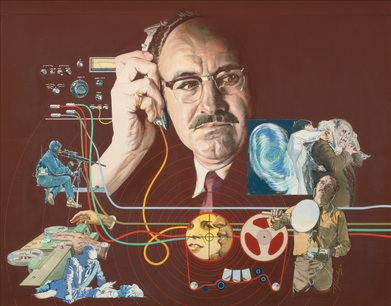 The distorting effect of recording devices figured in many 70s films (THE CONVERSATION, KLUTE, BLOW OUT) The distorting effect of recording devices figured in many 70s films (THE CONVERSATION, KLUTE, BLOW OUT) Agents of Narrative There’s a good reason why detectives are also known as “private eyes”: above all, they need to see the world clearly - to make sure that the information they collect is valid, to discern its meaning, and to form it into a pattern. In other words, they need to make stories. Detective stories are narratives about creating narratives. It’s one big reason why they’re compelling. We watch, fascinated, as detective-figures question people, make observations, gather data and draw conclusions. Just like writers, they’re in the business of putting together stories that hold water. But they’re also doing what everyone does, all the time – making sense of the world by arranging scraps of experience into a chain of causes and effects. The Detective’s Fears Detectives are haunted by three major fears (as well as the need to survive until the end of the story): (1) Am I as good at gathering information as I think - or hope? (2) Is the story I’m putting together a true picture of the world (is the information I’m gathering turning into knowledge)? (3) Am I on the right side? Is the person I’m working for ‘good’, and their adversary ‘bad’? Failed detectives – the 1970s For a long time, screen detectives' street savvy and basic moral code generally won through. But this changed with the revival of Noir in the 1970s. Detectives were now dangerously fallible: films like NIGHT MOVES, CHINATOWN and THE LONG GOODBYE showed them blundering around blindly, misreading clues, manipulated by forces they barely comprehend. And the conclusions they did draw were often wrong, allowing monsters like Noah Cross (in Chinatown) to win. Why did this happen? In the 1970s, America was reeling from a series of psychic shocks. The Vietnam War made it question its moral foundations; Watergate raised doubts about the morals of its leaders; the Kennedy assassinations suggested that dark conspiracies were guiding events. So Neo Noir adds a fourth fear to the Detective's list: (4) Is it even possible to have a true picture of the world? Let's look at a couple of films that play with these ideas. The Wicker Man
THE WICKER MAN is seen as a Horror film, but its 'detective' protagonist and plot gives it a Noir spin. And its devastating ending shows how badly Sergeant Howie has failed to understand events: most importantly, to grasp the identity of the 'victim' in the story. Maybe it’s an example of Neo Noir Folk Horror? Se7en Detectives also fail shockingly in David Fincher’s SE7EN (1995), another Neo Noir/Horror hybrid. The narrative carefully builds Morgan Freeman’s Detective William Somerset as a picture of trustworthy competence. So the finale - when he's a passive, bewildered spectator to John Doe’s twisted victory, in which he manipulates the investigators into carrying out his mad plan - is doubly disturbing. THE WORKSHOP Neo Noir/Dark Thriller is the perfect genre to probe notions of truth, and to explore the dark and divided side of human nature. And what is the status of information-gathering in a post-truth, post-expert world? The workshop will take you through many more ideas from the genre, and exercises will help you put together your own Neo Noir narrative. Click here for more details, and to book.
0 Comments
Flick through your TV channels on any given day and it’s highly likely you’ll stumble upon an episode of Dad’s Army, Only Fools and Horses or Porridge – or sometimes all three of them, back to back. Timeless sitcoms like these have such clearly defined characters, clever plots and familiar settings that they seem to appeal to all generations, and will probably go on doing so forever.
But is there anything of the same quality being written today? Is there any show that will resonate quite as far into the future – and earn as many royalties for its creators in their dotage?! I‘ve been prompted to ponder these questions following the sad death last month of the great Jimmy Perry, who created and wrote Dad’s Army, It Ain’t Half Hot Mum and Hi-de-Hi along with his writing partner/producer David Croft. I was honoured to be invited to be a judge at the 1996 British Comedy Awards alongside not just the charming Jimmy but also the fabulously talented John Sullivan (Citizen Smith, Only Fools and Horses). As a relative rookie at the time, writing comedy drama for the German market, it was quite a daunting and surreal experience. These guys were comedy giants but, as I was to discover, they were also ordinary human beings, not unlike me! I took the opportunity to pick their brains about writing and get to know them a bit better as actual people. They were both an absolute inspiration. Without a doubt this was the best unpaid job I’ve ever had. Sadly both Jimmy and John are no longer with us, but their legacies live on. When I look at the current crop of “sitcoms” on TV I am not sure there’s anything that quite falls into the same category as their classic shows. Viewing patterns have changed so much. Who can remember the last time they sat down with three generations of their family to watch anything other than Strictly or Bake Off? This means there’s a big sitcom-shaped gap in the market - and if you’re an aspiring comedy writer who’d like to relax in retirement as the royalties flood in, you could potentially fill it. My advice would be to take every opportunity you can to learn from the greats: where do they get their ideas from; what makes an idea work; how do they go about their writing process; how have they sold their projects? Talking to ordinary people who also happen to be highly successful comedy writers can inform and inspire a whole career. Trust me, I’m a writer. Anji Loman Field (www.anjilomanfield.com) is co-hosting an event on 16th November: MEET AWARD-WINNING COMEDY WRITING DUO MARKS & GRAN Inspirational comedy writing partners Laurence Marks and Maurice Gran (Birds of a Feather, The New Statesman, Goodnight Sweetheart) share the secrets of their success with Nicola Quilter. After a Q&A session, we will be running an optional Speed Dating For Co-Writers session. Meet other like-minded writers, test your compatibility with a range of potential writing partners, all of whom are potentially looking to collaborate. DATE: Weds 16 November TIME: 6.30-8.30pm (followed by Euroscript Christmas Drinks and Launch of the Euroscript screenwriting Competition 2017) VENUE: THE DRIVER, 2-4 Wharfdale Road, London N1 9RY PRICE: £10 to cover room hire and a FREE DRINK (book here) Ian Long was Euroscript’s representative at Riga International Film Festival in late October 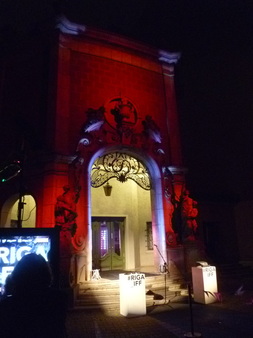 The Splendid Palace cinema, where the festival was based The Splendid Palace cinema, where the festival was based Euroscript was delighted to be part of the Riga International Film Festival and European Script Meeting. It was a great opportunity to meet European writers, share ideas and pass on useful thoughts; and if that wasn't enough, much of the time was spent in and around the rococo beauty of the Splendid Palace Cinema - possibly the oldest purpose-built picture house still operating in Europe. European Script Meeting The Script Meeting’s remit is very generous. It’s simply a place where screenwriters, producers, directors and studio representatives can bring their projects, talk about ideas, and begin collaborations on stories in a relaxed atmosphere, with no strings attached. As we joined a select group of script consultants to meet the writers, we were keen to see what we’d learn of current narrative trends and opinions. After all, the delegates were from all over Europe: Croatia, Macedonia, Georgia, Hungary, Germany, Lithuania and the Czech Republic, as well as from Latvia itself. The projects’ subject-matter was encouragingly wide: a drama about the impact of hip hop culture on Lithuania; contemporary comedy merging with commedia del arte in an Italian palazzo; a story which investigates the dream-world of coma and finds a universe of meaning within it... The writers were friendly and engaged; many deep discussions took place, and new exciting connections were made. So far, so fascinating. But what would happen on the Sunday, when we were scheduled to take our place in the spotlight, presenting our own writing workshop? 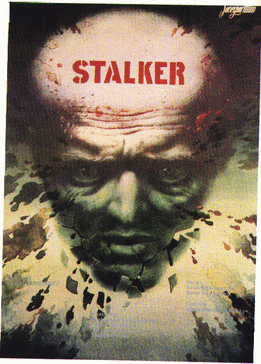 Mixing Genres, ‘Heightened’ Genres, and Speculative Fiction Genres are mutating and blending as never before, and it’s notable that many of the European films that make international waves are in heightened or fantasy-inflected genres – such as LET THE RIGHT ONE IN (Tomas Alfredson, Sweden, 2008), TROLLHUNTER (André Øvredal, Norway, 2010) and UNDER THE SKIN (Jonathan Glazer, UK, 2014). With these things in mind, Euroscript took the floor on Sunday morning in a semicircular auditorium beneath the Splendid Palace to present a four-hour workshop. Having somehow resisted the , we were in a position to outline the ways in which genres can mix and how Science (or, better, Speculative) Fiction can creatively address themes which some may associate only with Social Drama. Some reactions to the talk revealed that even some talented and sophisticated screenwriters from certain cinema cultures are missing out on the potential of ‘genre’ writing to put ideas onscreen in vivid and cinematic ways. We reminded the audience that significant filmmakers like Rainer Werner Fassbinder, Stanley Kubrick, Andrzej Żuławski, Jean Luc Godard have made important contributions to the Science Fiction genre – and that films like SOLARIS and STALKER are outstanding genre works as well as intellectual and cinematic landmarks. So the answer to the title question is - yes, Tarkovsky definitely did do Science Fiction! In the afternoon, screenwriter and script doctor Jimmy Karlsson gave a valuable workshop reminding us of the screenwriting ‘basics’ – something which is always welcome to the most experienced writers and script consultants. All in all, the weekend was a great opportunity to meet new friends and colleagues and to compare film cultures and approaches. And along the way, we got the chance to explore a fascinating city and sample the warm hospitality of the Latvian script contingent, led by Amanda Boka and her team. You can find more about Euroscript's consultancy services here... and more about Ian Long's genre workshops here. The Riga International Film Festival website can be found here, and more details about the European Script Meeting here. You can also follow them on Facebook. |
BLOGTHE ONLY PLACE TO TALK ABOUT THE CRAFT OF SCRIPTWRITING.
|
Privacy Policy © Euroscript Limited 2020
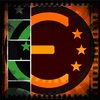
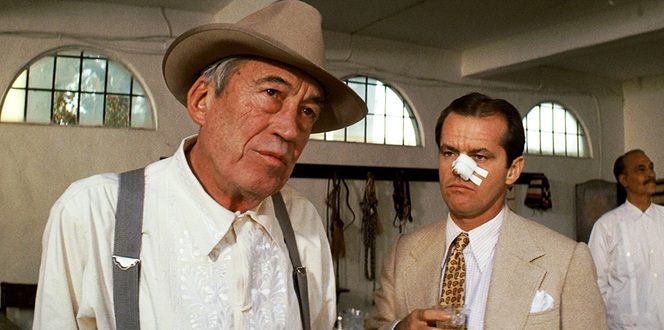
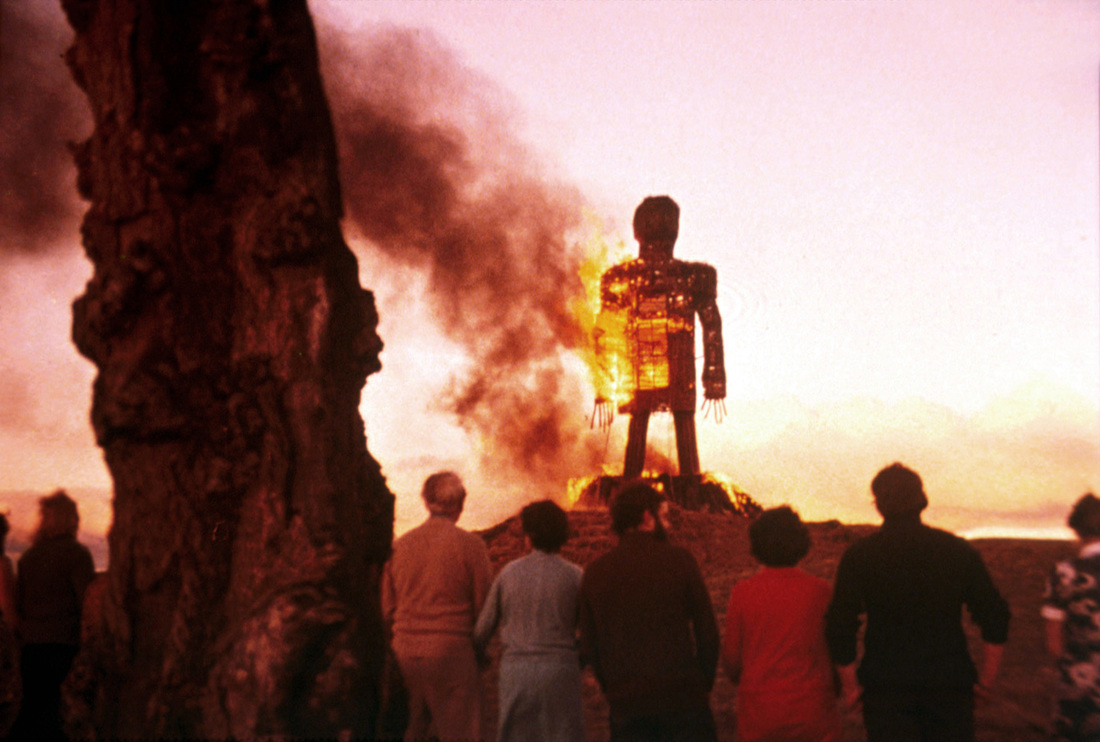
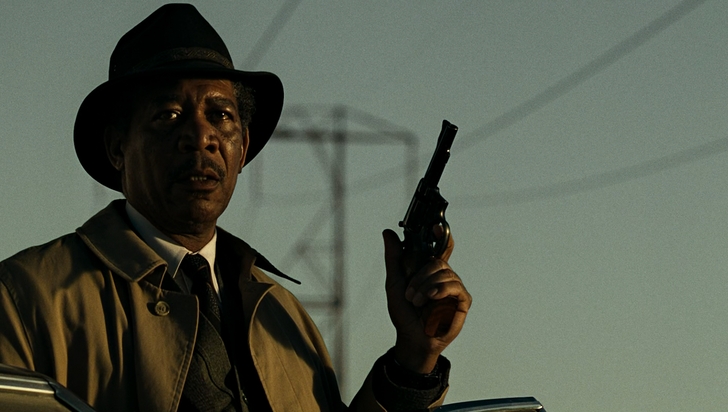
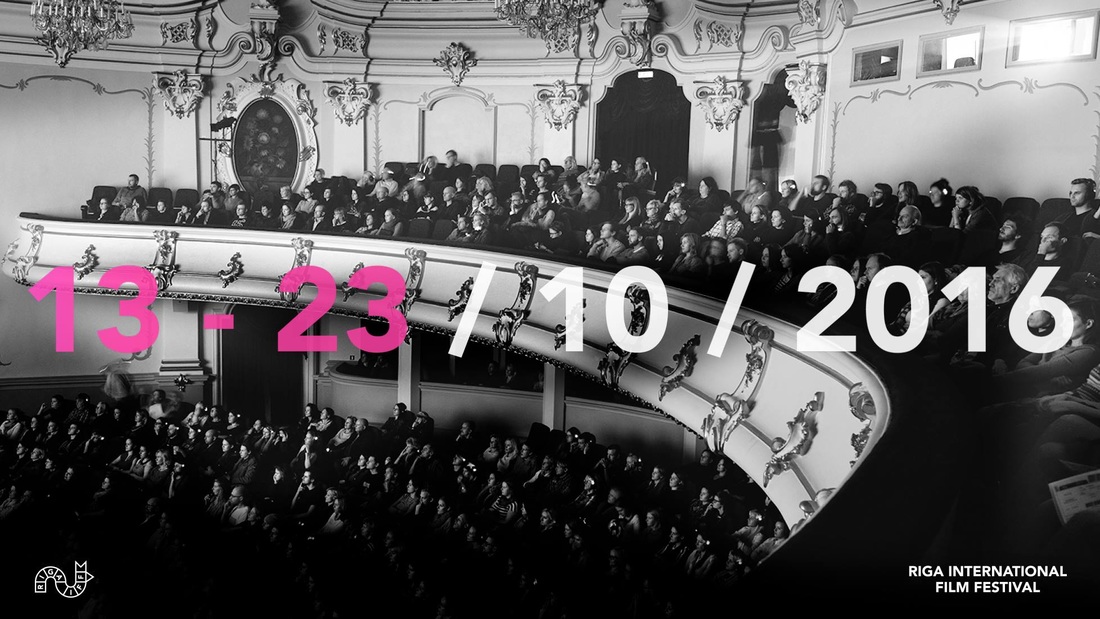
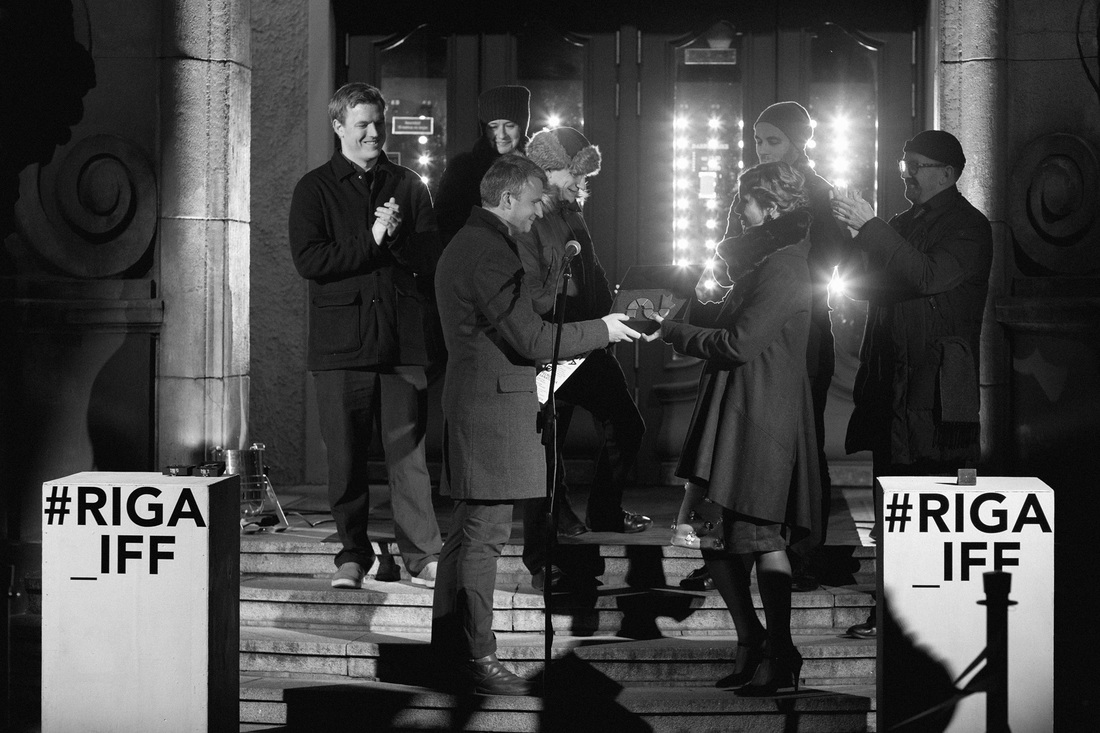
 RSS Feed
RSS Feed


